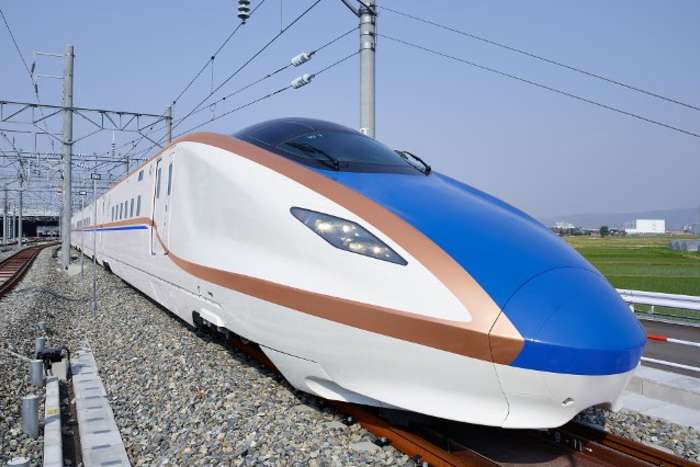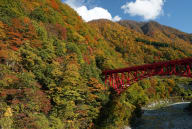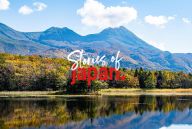Get a Japan Rail (JR) Pass
If you’re planning to do some travelling around by shinkansen (bullet-train) while you’re in Japan, you’d be a few steps ahead by purchasing a JR Pass before you travel. Granted, at $362 per adult for a 7-day pass, it sounds like a hefty price to stump up in one go, but a few one way fares on shinkansen will make the pass seem like a bargain. For your money, you’ll get to experience unlimited travel throughout the country on Japan Rail local and express train services which also includes tickets for most of the shinkansen (bullet trains). From 8 March 2017 the JR Pass will be available for purchase within Japan from selected JR train stations. But it’s still cheaper to buy the Pass before you arrive in Japan, so plan ahead.

Pick up a pocket WiFi hotspot
If you’re the type of traveller who hopes to find English spoken and written everywhere you go, you might be in for a shock on your arrival in Japan. While most signs might have the English translation and some restaurateurs might try to help you order your meal, easy navigation and communication isn’t a given for the foreign traveller here. So you’ll definitely benefit from renting a pocket WiFi to keep you connected on the go, and you’ll find plenty of places offering the service if you hop online or visit the Mobile Phone & Wi-Fi Rental floor of your arrival airport. Mobile access to booking websites, Google maps and online translation services will certainly ensure your stress levels are kept to a minimum!

Get out of the city at least once
Most likely, when you think of Japan you’ll conjure up images of tall buildings, crowds and bright lights. The bustling cities are a huge drawcard for any traveller to Japan – a real “must-see” part of any itinerary. But don’t forget about the other side of this amazing country. Japan is a country of many regions with diverse natural beauty steeped in history – all of which have an ever-changing charm as the seasons revolve. Take Koyasan for example: the spiritual home of Shingon Buddhism; or Shodoshima, home to beaches and expansive coastlines. And then there’s the food. You’ll experience regional cuisine that’s impossible to find in any city.

Things are cheaper away from the train station
Japan has a reputation for being expensive, but if you’re prepared to wander off the beaten track, you might not feel the pinch. While it can be tempting (and convenient) to pick up your souvenirs from around the main attractions and transport hubs, you’ll pay far more here than you will if venture a little further away. Of course, the stores won’t be as “flashy,” and they might be down in the depths of a basement somewhere, but the goods are just the same for a fraction of the price.

Find a local guide
Yes – some of us want to feel like independent, intrepid travellers (it’s why we travel!) but you really shouldn’t view the idea of a local guide as a threat to that. You could be there for a while, so think of hiring a local city guide as a one-off initial training exercise. A guide with experienced, local knowledge could show you how to use the subway, where to look for food, where to get your money and give you a bit of history (and a few lessons in etiquette) along the way. Try doing all that yourself in just a few hours!

Experience an onsen
Onsen (hot-springs) is a Japanese tradition that has been around for hundreds of years. Used traditionally as a public bathing place, the Japanese view the onsen as a great way to unwind, socialise and enjoy the natural surroundings – as well as the many other health benefits said to come with the experience. Most ryokan (traditional Japanese inns) are built around onsen and these can be a great place to spend a night to enjoy the experience. But make sure you know what you’re headed for; onsen can be private, mixed gender or gender specific.




















































